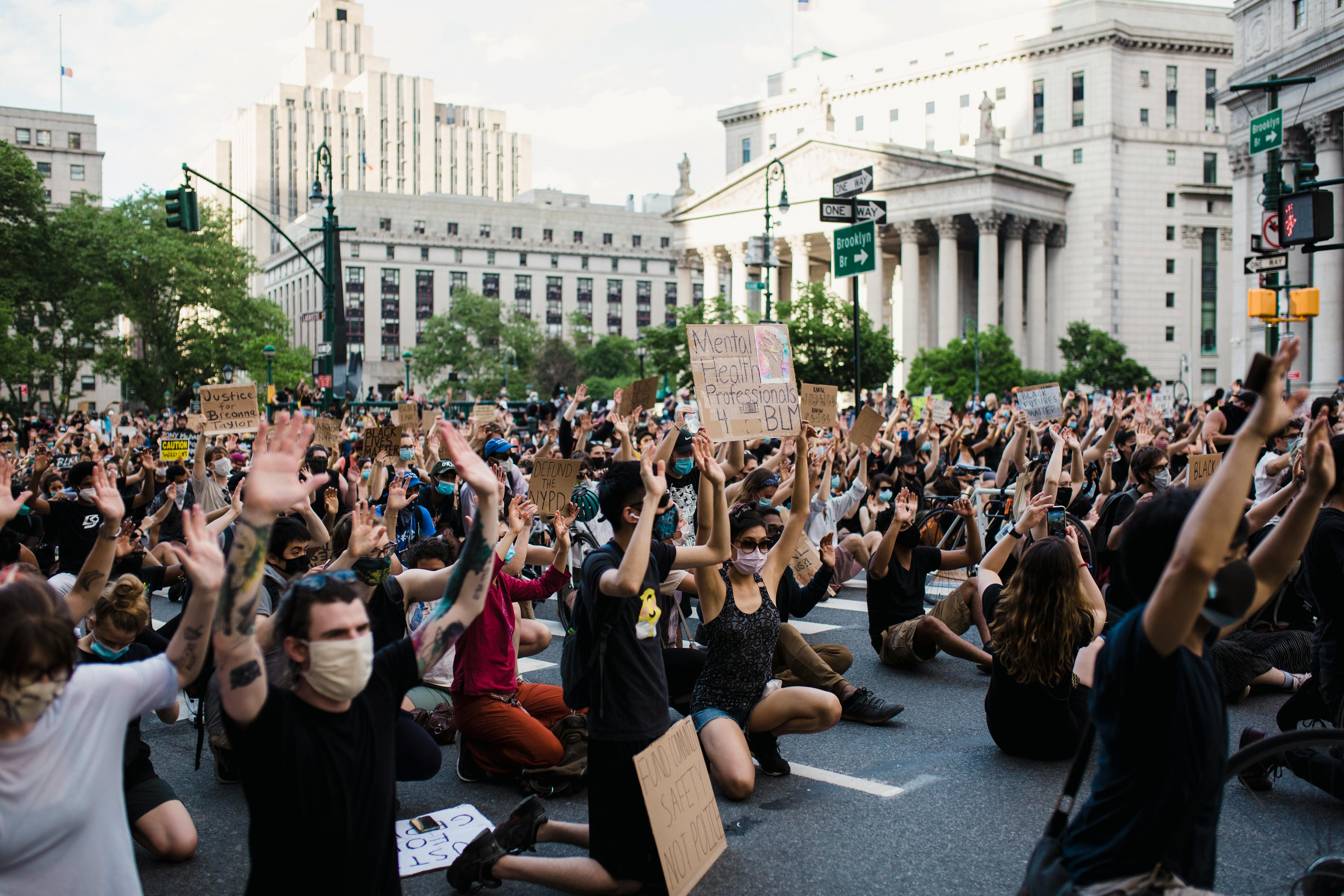
Compassion Fatigue: When Helping Hurts – A Call to Action on World Humanitarian Day
By Queen Emmanuel - Ojo
Compassion fatigue is a deep emotional and physical toll experienced by those who devote their lives to caring for others. It is particularly prevalent among healthcare workers, social workers, therapists, first responders, humanitarian aid workers, and volunteers—people who operate on the front lines of human suffering. Over time, the constant exposure to trauma, crisis, and emotional pain can erode a carer’s ability to feel empathy and compassion, leading to emotional exhaustion, detachment, and even burnout. This phenomenon is often described as the cost of caring.
Compassion fatigue is a deep emotional and physical toll experienced by those who devote their lives to caring for others. It is particularly prevalent among healthcare workers, social workers, therapists, first responders, humanitarian aid workers, and volunteers—people who operate on the front lines of human suffering. Over time, the constant exposure to trauma, crisis, and emotional pain can erode a carer’s ability to feel empathy and compassion, leading to emotional exhaustion, detachment, and even burnout. This phenomenon is often described as the cost of caring.
Symptoms of compassion fatigue may include chronic fatigue, irritability, difficulty concentrating, emotional numbness, and a pervasive sense of hopelessness. Individuals may begin to withdraw from their work, experience strained relationships, or develop feelings of guilt or inadequacy. The emotional burden they carry becomes so heavy that it compromises their ability to offer effective care, ironically leading to poorer outcomes for those they aim to help.
This issue becomes especially poignant as the world marks World Humanitarian Day on August 19—a day dedicated to honouring aid workers who risk their lives to help people in crises. While we celebrate the courage, resilience, and sacrifices of humanitarians, it is also a crucial moment to spotlight the hidden struggles they endure, including compassion fatigue. Humanitarian workers often operate in volatile and high-stakes environments, frequently with limited resources and overwhelming needs. In such settings, the emotional cost of compassion can be steep, and the risk of burnout high.
This issue becomes especially poignant as the world marks World Humanitarian Day on August 19—a day dedicated to honouring aid workers who risk their lives to help people in crises. While we celebrate the courage, resilience, and sacrifices of humanitarians, it is also a crucial moment to spotlight the hidden struggles they endure, including compassion fatigue. Humanitarian workers often operate in volatile and high-stakes environments, frequently with limited resources and overwhelming needs. In such settings, the emotional cost of compassion can be steep, and the risk of burnout high.
Therefore, World Humanitarian Day should not only be a time of tribute but also a time of advocacy for better mental health support, structured debriefing processes, and organisational policies that prioritise the well-being of carers. Self-care is not a luxury; it is a necessity. Encouraging practices like mindfulness, setting emotional boundaries, seeking peer support, and taking regular rest can help those on the frontlines stay grounded and emotionally healthy.
As we recognise the incredible work done by carers and humanitarians around the globe, let us also commit to creating systems that sustain them. Compassion fatigue reminds us that even the strongest hearts need healing and that taking care of those who care is a moral imperative.



